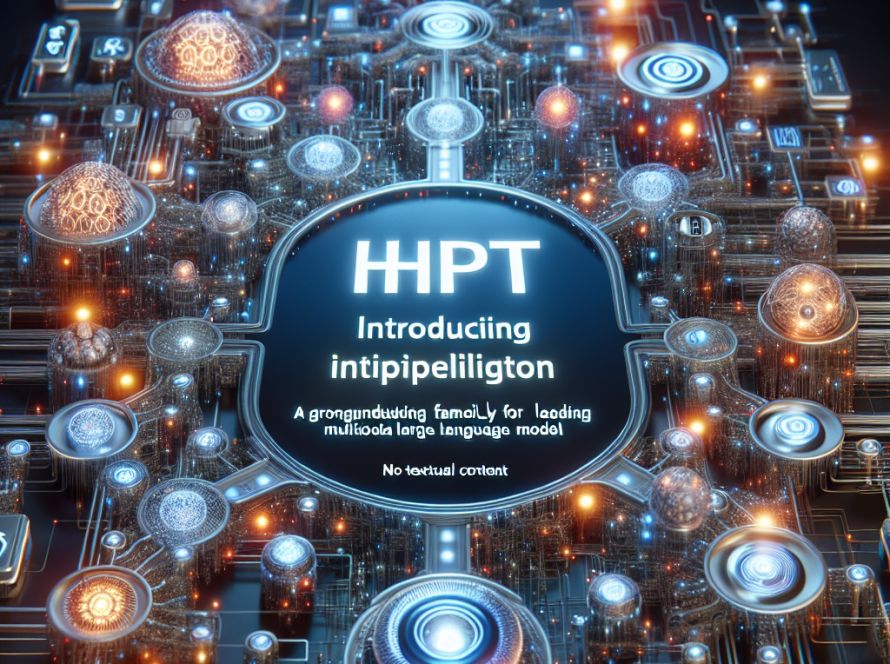Exploring the interactions between reinforcement learning (RL) and large language models (LLMs) sheds light on an exciting area of computational linguistics. These models, largely enhanced by human feedback, show remarkable prowess in understanding and generating text that mirrors human conversation. Yet, they are always evolving to capture more subtle human preferences. The main challenge lies in ensuring that LLMs accurately generate responses that align with complex human intentions. Traditional methods often struggle with such tasks, requiring advances that can bridge the gap between human expectations and machine output.
Existing research in language model training includes frameworks like Reinforcement Learning from Human Feedback (RLHF) and employs methods like Proximal Policy Optimization (PPO) for aligning LLMs with human intent. Innovations incorporate the use of Monte Carlo Tree Search (MCTS) and the integration of diffusion models for text generation, which improve the quality and adaptation of model responses. This progress in LLM training employs dynamic and context-sensitive approaches, refining how machines understand and generate language aligned with human feedback.
Researchers at Stanford introduced Direct Preference Optimization (DPO), a simplified method for LLMs. DPO integrates reward functions directly within policy outputs, negating the need for a separate reward learning stage. This method offers more control over the model’s language generation capabilities compared to traditional methods requiring complex and resource-intensive processes.
The study made use of the Reddit TL;DR summarization dataset to evaluate the efficacy of DPO. Training and evaluation incorporated precision-enhancing techniques like beam search and MCTS to optimise decision points within the model’s output. These methods ensured detailed and instant feedback within the policy learning process, focusing on improving the alignment and relevance of textual output with human preferences.
DPO implementation showed significant progress in model performance. Using beam search techniques within the DPO framework, model performance improved by 10-15% over the base policy on 256 held-out test prompts from the Reddit TL;DR dataset, as per GPT-4 evaluations. This data exemplifies DPO’s efficiency in enhancing the alignment and precision of language model responses under test conditions.
To sum up, the research introduced DPO, a simplified approach to train LLMs through a token-level Markov Decision Process. DPO dispenses with separate reward learning stages by integrating reward functions with policy outputs. The method demonstrated a 10-15% performance improvement using the Reddit TL;DR dataset, testifying to its potency in refining language model accuracy and alignment with human feedback. The results underscore DPO’s potential to simplify and enhance the training processes of generative AI models.
The original research paper credits this innovative work to the project’s affiliated researchers. For more on this and related subjects, follow the provided social media channels and join the respective communities. If you appreciate the work disclosed, you are encouraged to subscribe to the consortium’s newsletter. Lastly, prospective content partners are invited to fill the provided form.


